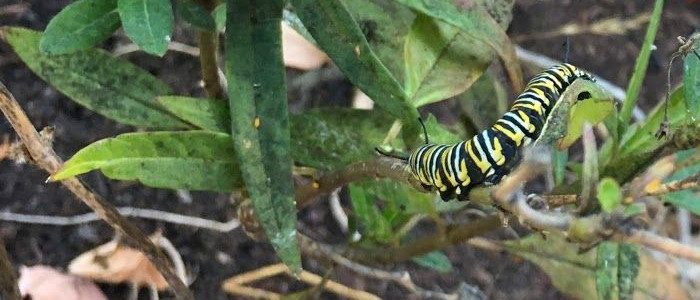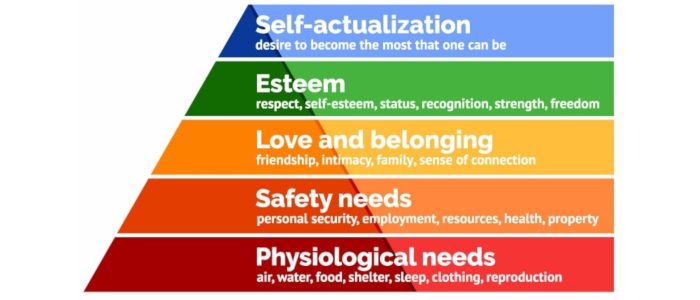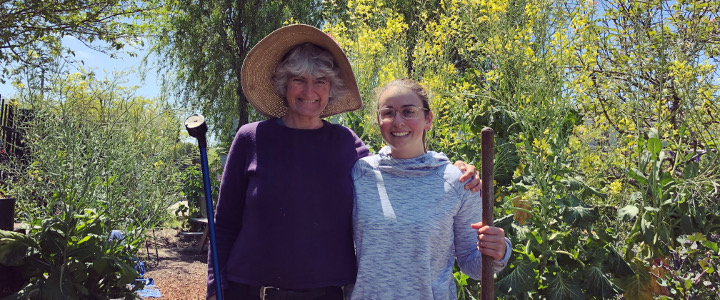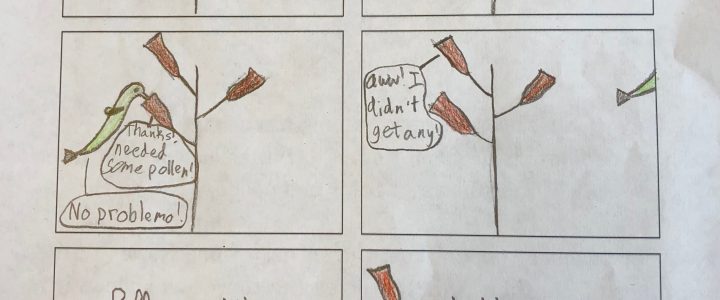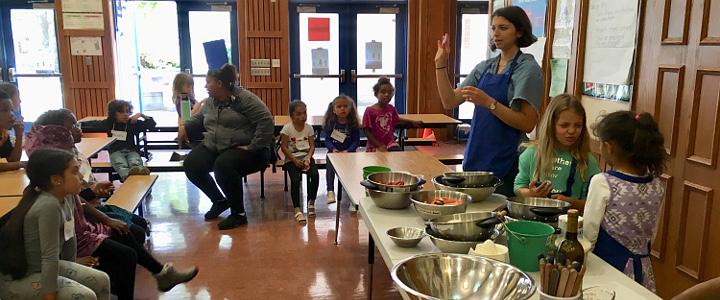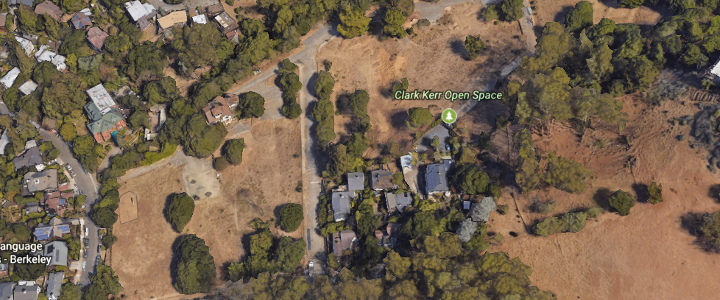Written by Claire Stockwell
Fall 2018
As I conclude my semester interning with the Berkeley Unified Gardening and Cooking Program, I am sad to see it ending. I’ve loved being in the world of elementary school, especially in the garden; it’s been wonderful to forget the stresses of being a full time UC Berkeley student in favor of hunting down cabbage eating inchworms, dressing up as a scarecrow to walk in the Halloween parade, and getting my hands in the dirt with twenty or so willing participants at a time. My Mondays and Wednesdays the past four months have been sweetened by kids’ laughter, monarch butterflies, and the feet stomping excitement that comes with the announcement of that week’s “Garden Snack.”
Read more
